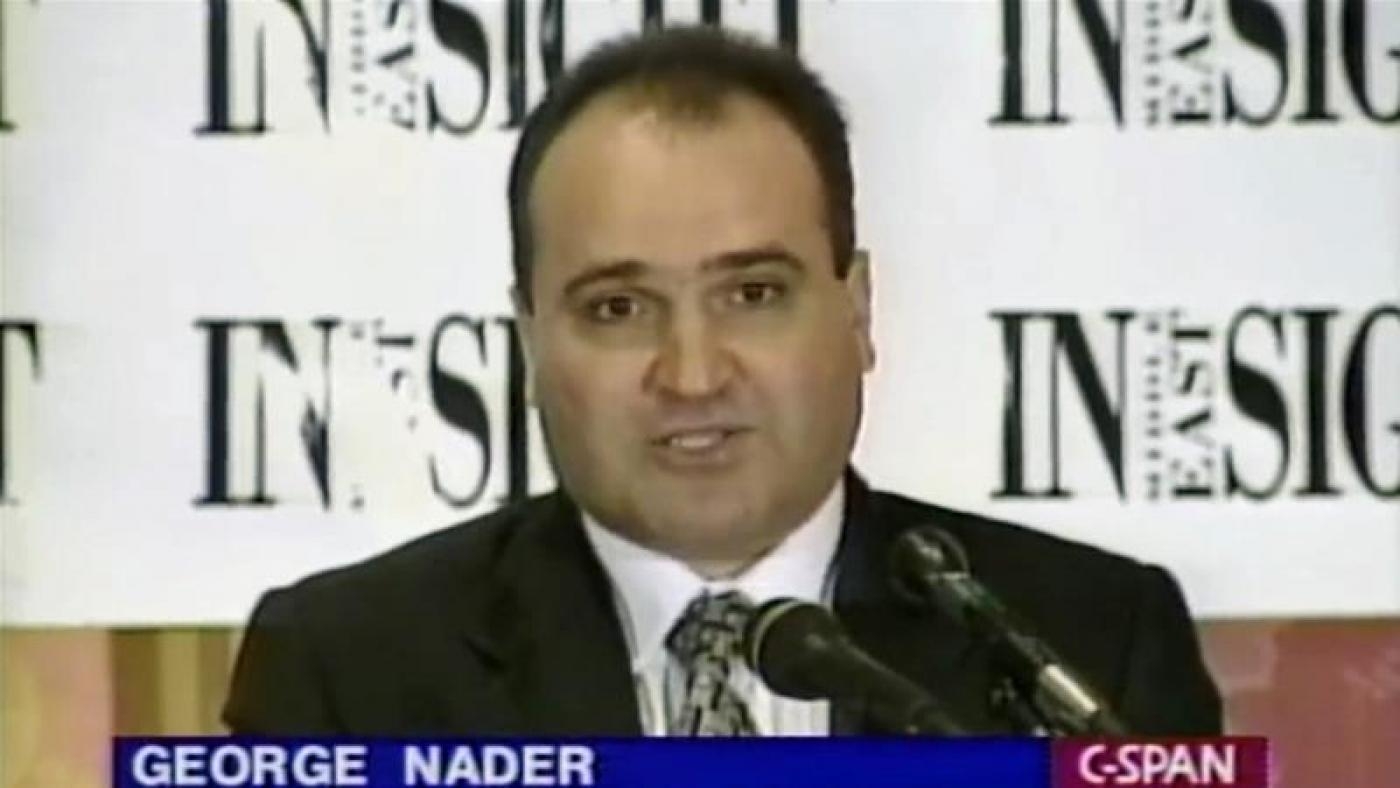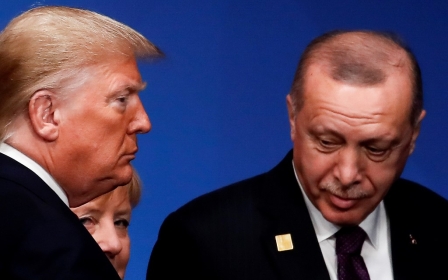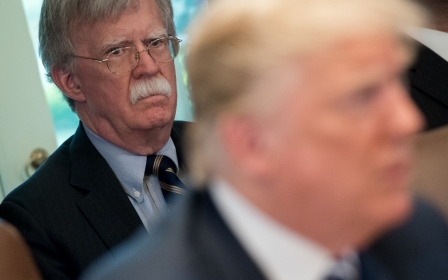US court sentences George Nader to 10 years on child sex charges

A US court sentenced George Nader, a former top adviser to the United Arab Emirates, to 10 years in prison on Friday on child sex abuse charges.
Nader, who was a star witness in Robert Mueller's probe into possible Russian interference in the 2016 US elections, pleaded guilty earlier this year to possessing child pornography and bringing a 14-year-old boy into the US for sex in 2000.
The sentence brings to an end the criminal case that captured national headlines a year ago when Nader was arrested following the release of the Mueller report, which mentions Nader more than 100 times.
Nader, 61, served as a key point of contact between members of President Donald Trump's inner circle and Abu Dhabi Crown Prince Mohammed bin Zayed.
According to Mueller, Nader sought to serve as an intermediary between members of Donald Trump's transition team and Russian businessman Kirill Dmitriev, an ally of President Vladimir Putin, late in 2016.
He also arranged a meeting between Dmitriev and Erik Prince, the Trump-linked founder of the US private mercenary firm Blackwater, which has been accused of committing war crimes in Iraq.
In January 2018, Nader was caught with "visual depictions of minors engaged in sexually explicit conduct" on his phone after he landed in New York on a flight from Dubai, the US Justice Department said last year.
But he was not arrested until June 2019, after Mueller had concluded his investigation.
The guilty plea and 10-year sentence are mostly based on a 2000 incident when Nader brought a 14-year-old boy from the Czech Republic into the United States for sexual exploitation.
'Dangerous' crimes
Prosecutors called Nader's crimes "grave and dangerous," fitting into a pattern that dates back to 1984 when he was investigated for child pornography obtained by mail. He "escaped responsibility" for this offence after a court in Washington ruled that the evidence was improperly obtained.
In 1991, he received a light sentence of six months in prison for attempting to bring two films of young boys being abused into the United States. At the time, he was helping free American hostages in Lebanon as a broker.
He was also sentenced in the Czech Republic to one year in jail for sexually abusing minors.
"His actions do not reflect a simply isolated incident, but rather a persistent, intentional, pervasive, and multi-jurisdictional effort to exploit children," US prosecutor Jay Prabhu wrote in a document submitted to the court earlier this week.
"The defendant used his contacts and his wealth... to continue his sexual exploitation of this victim in the United States."
The defence stressed that Nader was not a paedophile, but suffered from an attraction to adolescent males, citing a human sexuality expert as saying that such inclinations are not a choice.
"As he has aged, however, Mr. Nader has brought those urges under control," defence lawyer Jonathan Jeffress wrote in a memo to the court.
The attorney also argued that "objectionable" materials found after the FBI searched Nader's phone in 2018 and 2019 were "obscene," but did not amount to child pornography.
Jeffress stressed that Nader did not plead guilty to charges related to his 2019 arrest and painted his client as an "envoy between the United States and key figures in the Middle East" working to bring peace to the region.
The Lebanese-American businessman apologised at his final court hearing on Friday.
"I take great pride in my professional life and the work I have done for the United States. I am sincerely, deeply sorry for the pain and suffering I have caused," Nader said in a federal court room in Alexandria, Virginia.
Middle East Eye delivers independent and unrivalled coverage and analysis of the Middle East, North Africa and beyond. To learn more about republishing this content and the associated fees, please fill out this form. More about MEE can be found here.





